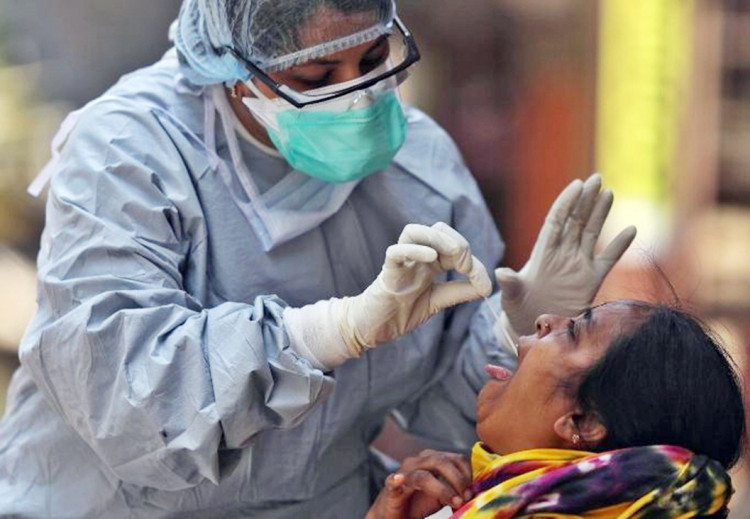Survivors of COVID-19 are likely safe from being reinfected by this disease for at least six months, according to a landmark study published by the University of Oxford in England.
The study found people who have contracted and survived the disease are "highly unlikely" to contract the disease again for at least six months after their first infection. It's the first large-scale research into how much protection people get against reinfection by SARS-CoV-2 (severe acute respiratory syndrome coronavirus 2), the virus that causes COVID-19.
The findings are welcome news for the more than 40.5 million people worldwide that have recovered from this highly debilitating disease. Unfortunately, 58.5 million persons have fallen victim to the disease while 1.39 million have died from it, as of Saturday.
Researchers described the findings as "exciting" because they represent an important advance in understanding how COVID-19 immunity might work.
The study, published Friday, claims to be the first large-scale research into how much protection people get against reinfection after contracting the coronavirus.
Confirmed but isolated cases of re-infection by SARS-CoV-2 have raised concerns immunity from the virus might be short-lived. It also surfaces the possibility recovered patients might quickly fall victim to the virus.
The Oxford study, which was conducted with the Oxford University Hospitals NHS Foundation Trust, allays much of these reinfection fears.
"This is really good news, because we can be confident that, at least in the short term, most people who get COVID-19 won't get it again," said Dr. David Eyre, a professor at Oxford's Nuffield Department of Population Health, who co-led the study.
The study also suggests cases of reinfection are likely to remain extremely rare.
"Being infected with COVID-19 does offer protection against re-infection for most people for at least six months," according to Dr. Eyre. "We found no new symptomatic infections in any of the participants who had tested positive for antibodies."
The study involved a cohort of British healthcare workers and covered a 30-week period from April to November 2020. Eighty-nine of the 11,052 staff without antibodies developed a new infection with symptoms.
On the other hand, none of the 1,246 staff with antibodies developed a symptomatic infection. The study also found staff with antibodies were also less likely to test positive for COVID-19 without symptoms.
Among staff without antibodies, 76 tested positive compared to only three with antibodies. These three people didn't develop COVID-19 symptoms.
"We will continue to follow this cohort of staff carefully to see how long protection lasts and whether previous infection affects the severity of infection if people do get infected again," said Dr.Eyre.
The study hasn't as yet been peer-reviewed by other scientists but was published before review on the MedRxiv website.





